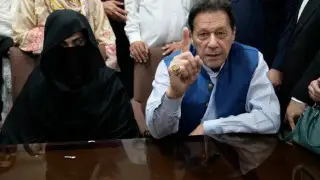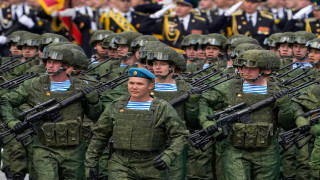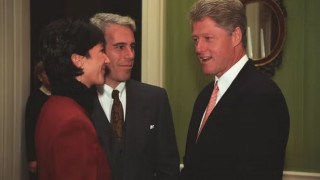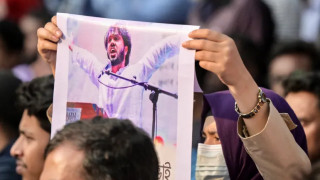
The Taliban in Afghanistan has declared a ban on all political parties in the country, justifying the decision by citing Sharia law and asserting that political activities are incompatible with Islamic principles.
This move has delivered a fresh blow to the ongoing struggle for the restoration of democracy and political engagement within the war-torn country.
The announcement was made by Interim Minister for Justice, Shaikh Maulavi Abdul Hakeem Sharai, during the presentation of his ministry’s annual report in the capital city of Kabul. This announcement comes on the heels of the second anniversary of the Taliban’s takeover of Kabul.
Marking the second anniversary of their takeover of #Afghanistan, the Taliban announced another ban. This time prohibiting all political parties terming them non-Islamic.
— Bashir Ahmad Gwakh (@bashirgwakh) August 17, 2023
Here is Taliban’s Minister of Justice Abdul Hakim Sharaee: pic.twitter.com/3NOUhCaPrO
“Political parties’ activities have been completely stopped in the country because neither do these parties have any standing in Sharia, any place in Sharia nor are any national interests attached to these parties or the nation liked them,” Sharai said, as per a statement issued by the Afghan Taliban’s media outlet.
Sources familiar with the matter revealed that this decision was taken with the endorsement of the top leadership of the government. Notably, Sharai is associated with the Kandhari faction, led by Mullah Mohammad Omar, and includes influential leaders like Amir Khan Muttaqi.
Experts further pointed out that this prohibition is likely to have far-reaching consequences, potentially impacting foreign relief and aid efforts. The global community is likely to react negatively to this development, potentially leading to restrictions on grants and assistance.
The political landscape in Afghanistan had seen the registration of approximately 70 major and minor political parties with the Afghan justice ministry until 2021. However, the political fabric of the nation began to disintegrate following the Taliban’s recapture of Afghanistan and the subsequent withdrawal of US forces.
While the exact timing of the ban’s imposition remains unclear, the Taliban have consistently resisted international pressure to establish a more inclusive government. They claim that their ‘interim government’ comprises representatives from diverse ethnicities and tribes, asserting its broad-based nature.
The Taliban’s stance on including individuals from the previous administration has been unyielding. They refer to them as ‘discredited and puppet politicians’, viewing their participation as a betrayal of the long-standing struggle against foreign occupation and their perceived collaborators.
Throughout their rule, the Taliban government has placed severe restrictions on freedom of association, assembly, and expression to suppress dissent and criticism. Paradoxically, these restrictions do not apply to their own supporters, who are allowed to exercise these rights.
The group has also enforced strict interpretations of Sharia law since seizing power, resulting in the exclusion of girls from education beyond the sixth grade. Afghan women have been subjected to a series of restrictions, encompassing work, public life, self-care, and even access to beauty salons.













Copyright © 2025 Top Indian News
